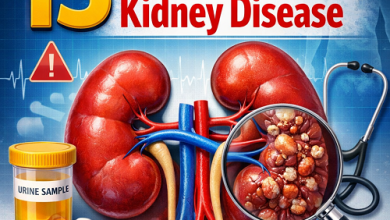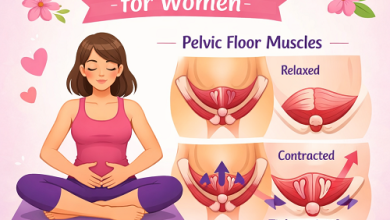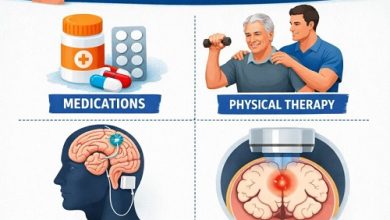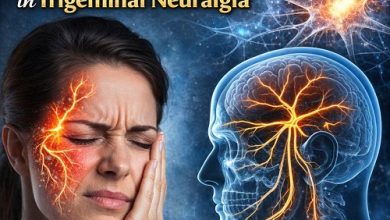NJ Transit Riders at Risk? Officials Issue Measles Exposure Warning
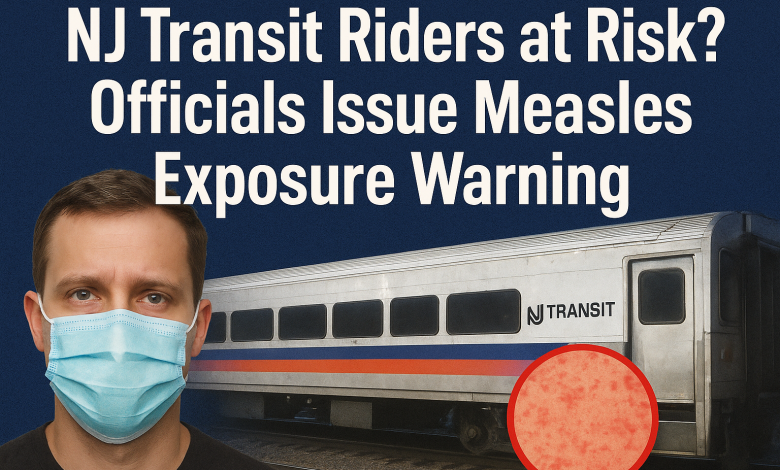
Public transit is the beating heart of the New Jersey–New York metropolitan area. Every day, hundreds of thousands of commuters pack into NJ Transit trains and buses, traveling between neighborhoods, workplaces, and major hubs. But when health officials recently issued a measles exposure warning for NJ Transit riders, it sent a wave of concern through the region.
Is riding NJ Transit suddenly dangerous? How serious is the measles threat? And what should commuters know to protect themselves?
The Breaking News: Measles Exposure on NJ Transit
State health officials recently confirmed that a passenger infected with measles traveled on NJ Transit, potentially exposing hundreds of riders. According to reports, the individual was contagious during their commute, which included trips on trains and buses across multiple lines.
While the exact details of routes and times have been released in official statements, the message is clear: anyone traveling on NJ Transit during the exposure period could be at risk if they are not protected through vaccination or prior infection.
This isn’t just a New Jersey story—it’s a wake-up call for commuters everywhere about the resurgence of measles in the U.S.
Why Measles Still Matters
Measles was once considered eliminated in the United States, thanks to widespread vaccination. But in recent years, outbreaks have resurfaced due to declining vaccination rates, international travel, and clusters of unvaccinated communities.
Key facts about measles:
- Highly contagious: One of the most contagious viruses known—90% of unvaccinated people exposed will become infected.
- Airborne transmission: The virus can linger in the air for up to two hours after an infected person leaves a space.
- Complications: Beyond rash and fever, measles can cause pneumonia, encephalitis (brain swelling), and even death.
- Children and immunocompromised individuals are most at risk of severe illness.
The NJ Transit case underscores how quickly and widely measles can spread in crowded, enclosed environments.
NJ Transit: The Perfect Storm for Spread
Public transportation systems like NJ Transit present a unique risk during disease outbreaks:
- Dense crowds: Trains and buses pack in commuters shoulder-to-shoulder.
- Limited ventilation: Especially in older train cars, air circulation may be poor.
- High turnover: Thousands of passengers cycle through the same cars daily.
- Long exposure times: Some commutes last an hour or more, increasing risk.
If one contagious passenger boards, dozens—even hundreds—can be exposed in a single trip.
Official Response: What Authorities Are Saying
The (NJDOH New Jersey Department of Health) issued an urgent advisory urging riders to:
- Check their vaccination status (two doses of the MMR vaccine are recommended).
- Monitor for symptoms such as fever, cough, runny nose, red eyes, and rash.
- Contact their healthcare provider immediately if symptoms develop, rather than showing up at hospitals unannounced (to prevent further spread).
NJ Transit officials, meanwhile, are cooperating with health authorities and disinfecting trains and buses where exposures may have occurred.
Officials stress that the risk is primarily to the unvaccinated or under-vaccinated population.
Commuters Speak: Fear and Frustration
For many NJ Transit riders, the warning sparked anxiety and frustration:
- “I ride the train every day with my kids. Now I’m worried we were all exposed.”
- “How is it 2025 and we’re still dealing with measles? I thought this was eliminated.”
- “If people just got vaccinated, the rest of us wouldn’t have to live in fear.”
Social media threads quickly lit up with debates over vaccination, public health responsibilities, and transit safety.
Some riders demanded NJ Transit provide real-time exposure alerts, while others asked for better sanitation and ventilation upgrades.
The Vaccination Debate: Divided Opinions
The measles warning reignited the ongoing debate around vaccinations:
- Pro-vaccine advocates argue this is a textbook example of why immunization matters—not just for individuals, but for community safety.
- Skeptics question whether the warning is an overreaction, citing their distrust of pharmaceutical companies and government health mandates.
However, the science is clear: MMR vaccination is safe and 97% effective at preventing measles after two doses.
Without widespread coverage, outbreaks like this will continue to emerge.
How to Protect Yourself on Public Transit
Health experts recommend several steps for NJ Transit riders and commuters everywhere:
Know your vaccination status
- If you’re unsure, ask your doctor for a blood test to confirm immunity.
Wear a mask during outbreaks
- While masks are more associated with COVID-19, they also reduce airborne spread of measles and other viruses.
Practice good hygiene
- Wash hands after riding transit and avoid touching your face.
Be alert to symptoms
- If you develop fever, cough, and rash, stay home and contact a healthcare provider immediately.
Encourage community vaccination
- Herd immunity protects vulnerable populations such as infants and immunocompromised individuals.
The Broader Issue: Public Transit and Disease
This isn’t the first time public transit has been linked to disease exposure. During COVID-19, buses and trains were hotspots for transmission. Seasonal flu spreads the same way.
As cities become more interconnected and populations denser, public health and transit safety are inseparable. The NJ Transit measles warning is just the latest example of why disease prevention must be built into transit planning.
Lessons Learned from Past Outbreaks
Looking back at recent U.S. measles outbreaks:
- 2019 NYC outbreak: Hundreds of cases spread in communities with low vaccination rates.
- 2014 Disneyland outbreak: A single contagious visitor sparked a multi-state outbreak.
In each case, the common denominator was unvaccinated populations. These outbreaks remind us how quickly measles can resurface when vaccination rates slip.
The Economic and Social Impact
Beyond health risks, outbreaks carry economic costs:
- Lost productivity as workers call out sick.
- Strain on hospitals and healthcare systems.
- Damage to public trust in transportation.
For NJ Transit, already under scrutiny for delays and infrastructure problems, a measles scare adds another layer of public concern.
What’s Next for NJ Transit and Public Health?
Officials are likely to:
- Expand vaccination campaigns in New Jersey communities.
- Implement stronger public health messaging on transit platforms.
- Explore air filtration and cleaning upgrades in trains and buses.
The hope is that with quick action, the current measles exposure will not snowball into a major outbreak.
Should Riders Be Worried?
For the vaccinated majority, the risk remains low. Two doses of the MMR vaccine offer strong protection.
For the unvaccinated, however, the risk is real—and this warning should be a wake-up call.
The NJ Transit measles advisory is not just about one rider or one virus—it’s a reminder of how interconnected we all are in public spaces. Health choices are community choices.
Conclusion
The measles warning on NJ Transit highlights a critical reality: even in 2025, infectious diseases can still disrupt our daily lives.
Eli Lilly’s pill may be the latest buzz in obesity treatment, but this story reminds us that public health basics—like vaccination, hygiene, and vigilance—remain the most powerful tools we have.
So, are NJ Transit riders at risk? If you’re unvaccinated, the answer is yes. But with awareness, prevention, and swift public health action, New Jersey can prevent this warning from turning into a full-blown outbreak.

